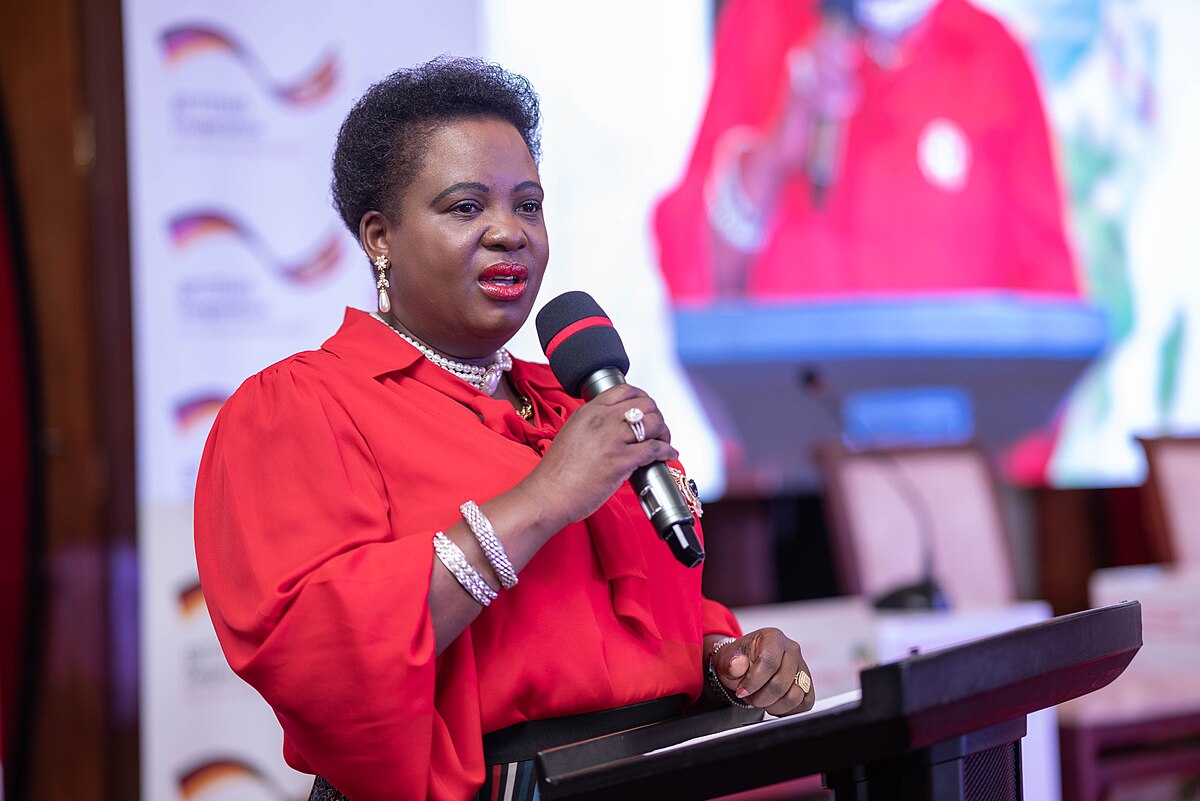By Elix News Team
The Generating Growth Opportunities and Productivity for Women Enterprises (GROW) initiative has successfully disbursed 54.3% of its initial loan target, benefiting Women Entrepreneurs this website has learnt.
GROW, a $217 million initiative, aims to increase access to entrepreneurial services for women entrepreneurs across Uganda, including those in refugee and host communities.
As per the latest report from the project secretariat, loans have been extended to 2,175 entrepreneurs, representing 54.3% of the 4,007 set target for the first two years.
“For those borrowing between Shs 4-20 million, the target for the two years is 1,997, of which 1,629 have been served. For those borrowing between Shs 20-50 million, the target is 1,139, with 284 having accessed. And for those between Shs 40-200 million, of the 311 target, 262 have been achieved,” the report details.
These borrowers have assumed a total of Shs 50.224 billion. “Most of these loans, 85 per cent, have been obtained with land as collateral and 28 per cent using sales agreements,” the report further notes.
A breakdown of loan recipients reveals that most borrowers operate in trade & commerce (43.5%, 947 borrowers), followed by agriculture & agribusiness (25.4%, 552 borrowers). Construction & engineering represents 11.6% (252 borrowers), while business & professional services make up 7.9% (172 borrowers).
Smaller sectors include tourism, hospitality & creatives (3.5%), beauty, cosmetology & wellness (2.6%), manufacturing (2.2%), education & health (1.9%), transport & logistics (1.2%), and others (0.2%).
By age, the majority of borrowers (53.2%) are between 31 and 55 years old, representing the active working-age demographic, with only 4.2% being young women aged 18–30. Over half of the borrowers (54.8%) are married.
Geographically, the project has seen greater uptake in the Buganda region, particularly Greater Kampala/Mengo (45.4%), followed by Greater Masaka (9.7%) and other regions. Notably, refugee-hosting districts have seen limited participation, accounting for only 3% (64 loans), with Kamwenge leading at 51 loans.
Despite these achievements, project managers have voiced concerns about inadequate communication, which has hindered the project’s broader understanding.
Aggrey Kibenge, Permanent Secretary in the ministry of Gender, Labour, and Social Development calls for increased collaboration with the media to clear any misconceptions about the project.
“GROW can be and will be a game-changer, if we get over the conceptual confusions about GROW.We are cognizant that no amount of communication is enough until the message is successfully delivered,” he concluded.

